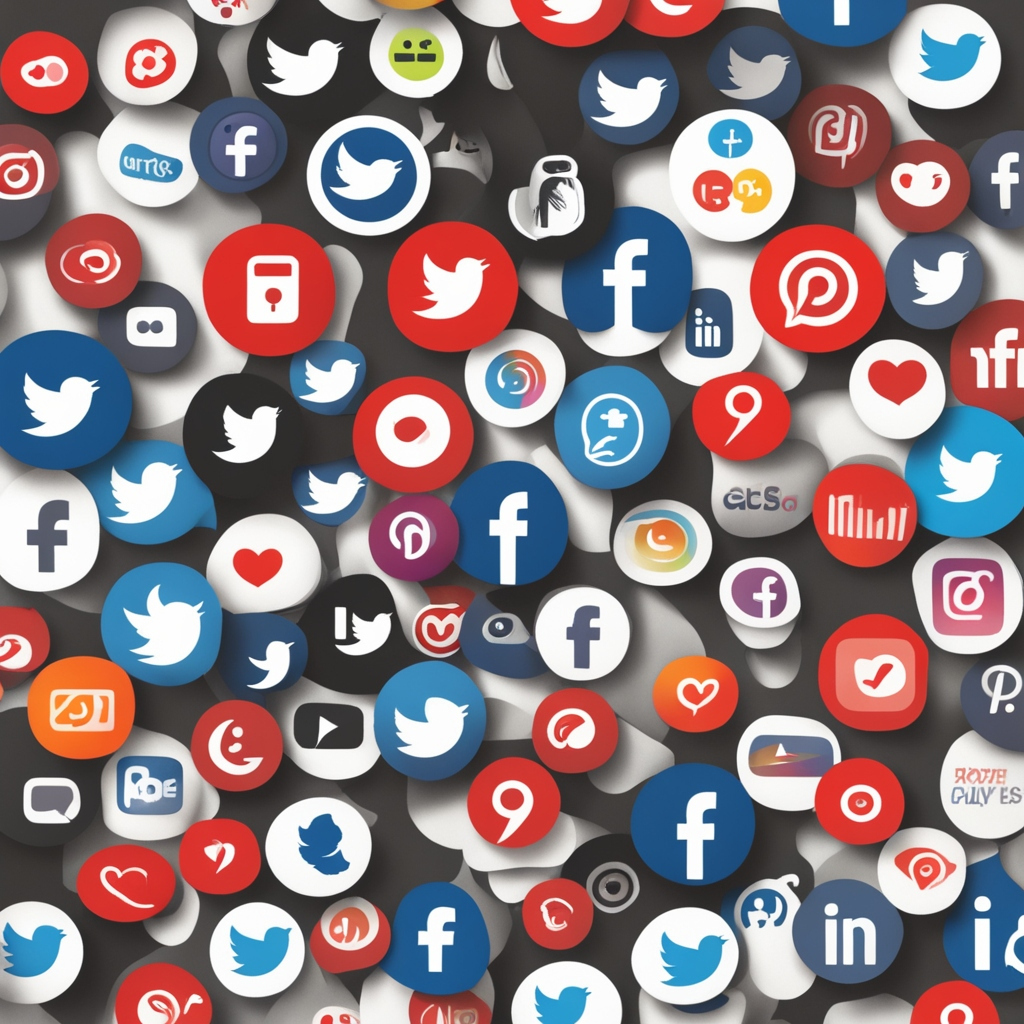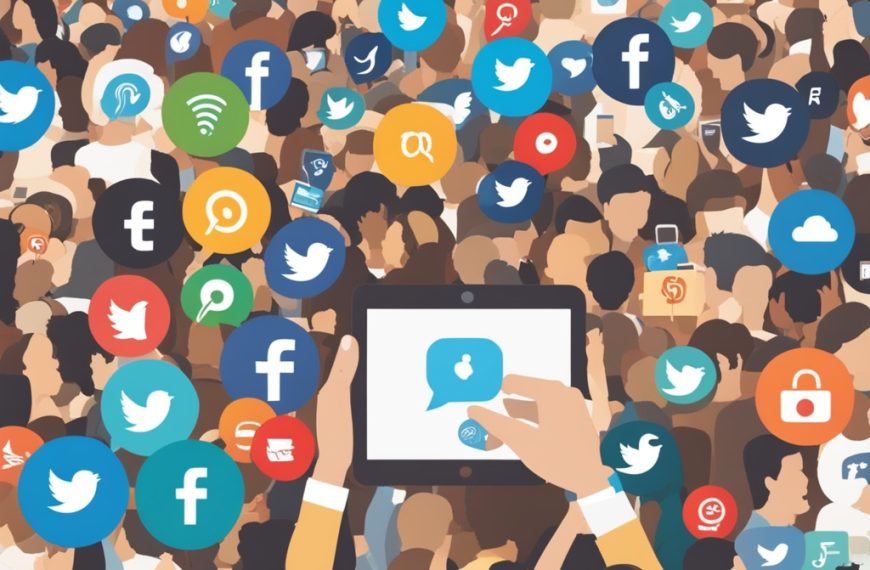Social media has become a dominant force in shaping public opinion worldwide. Platforms such as Facebook, Twitter, Instagram, and TikTok have transformed the way people access and interact with information. Unlike traditional media, social media enables instant dissemination of news, opinions, and trends, often influencing how individuals perceive events, policies, and societal issues. This article explores the various ways social media affects public opinion, including its benefits, challenges, and ethical considerations.
The Power of Social Media in Shaping Public Perception
Social media is a double-edged sword; it has the potential to both inform and mislead the public. Some of the key ways it influences public opinion include:
- Rapid Information Dissemination
- Social media platforms allow news and updates to spread faster than traditional media. Breaking news can reach millions within seconds, creating immediate awareness.
- Hashtags and viral trends amplify messages, ensuring that important issues gain traction globally.
- Echo Chambers and Filter Bubbles
- Algorithms personalize content based on users’ preferences, reinforcing pre-existing beliefs and creating echo chambers.
- Filter bubbles limit exposure to diverse perspectives, making it challenging to form well-rounded opinions on complex topics.
- Influence of Influencers and Celebrities
- Public figures and influencers use their platforms to shape narratives, often swaying followers’ opinions on political, social, and cultural matters.
- Endorsements from celebrities can mobilize social movements or influence consumer behavior.
- User-Generated Content and Citizen Journalism
- Social media enables ordinary individuals to report news, often providing firsthand accounts of events.
- While this promotes transparency, it also increases the risk of misinformation and unverified news spreading rapidly.
- Political Influence and Activism
- Politicians and governments leverage social media to engage with citizens, share policies, and influence voter behavior.
- Activist movements such as #MeToo, #BlackLivesMatter, and climate change campaigns gain momentum through social media, driving public discourse and policy changes.
The Challenges and Risks of Social Media Influence
Despite its advantages, social media presents several challenges in shaping public opinion:
- Misinformation and Fake News
- False information can spread quickly, leading to public confusion and misplaced trust.
- Fact-checking organizations struggle to keep up with the volume of misleading content circulating online.
- Manipulation and Propaganda
- Governments, organizations, and malicious entities use social media to spread propaganda and manipulate public opinion for political or financial gains.
- Bots and troll accounts amplify divisive content, creating social unrest.
- Psychological Impact and Polarization
- Exposure to extreme opinions can lead to increased societal divisions and hostility.
- Social media addiction contributes to mental health issues, including anxiety and depression, which can further distort perception and decision-making.
Ethical Considerations and Solutions
To mitigate the negative impact of social media on public opinion, ethical guidelines and proactive measures are necessary:
- Promoting Digital Literacy
- Educating users on how to identify credible sources and critically evaluate online information.
- Encouraging responsible sharing of content to prevent the spread of misinformation.
- Stronger Regulation and Accountability
- Social media platforms must implement stricter policies to combat fake news and harmful content.
- Governments and regulatory bodies should enforce laws against misinformation and online manipulation.
- Encouraging Diverse Perspectives
- Users should actively seek out different viewpoints to avoid echo chambers.
- Platforms can refine algorithms to expose users to a broader range of information.
Social media plays a pivotal role in shaping public opinion, influencing perceptions, attitudes, and behaviors on a global scale. While it offers a powerful tool for awareness, activism, and engagement, it also presents significant risks, including misinformation, manipulation, and social polarization. By fostering digital literacy, promoting ethical guidelines, and implementing regulatory measures, society can harness the power of social media responsibly to ensure a well-informed and balanced public discourse.




